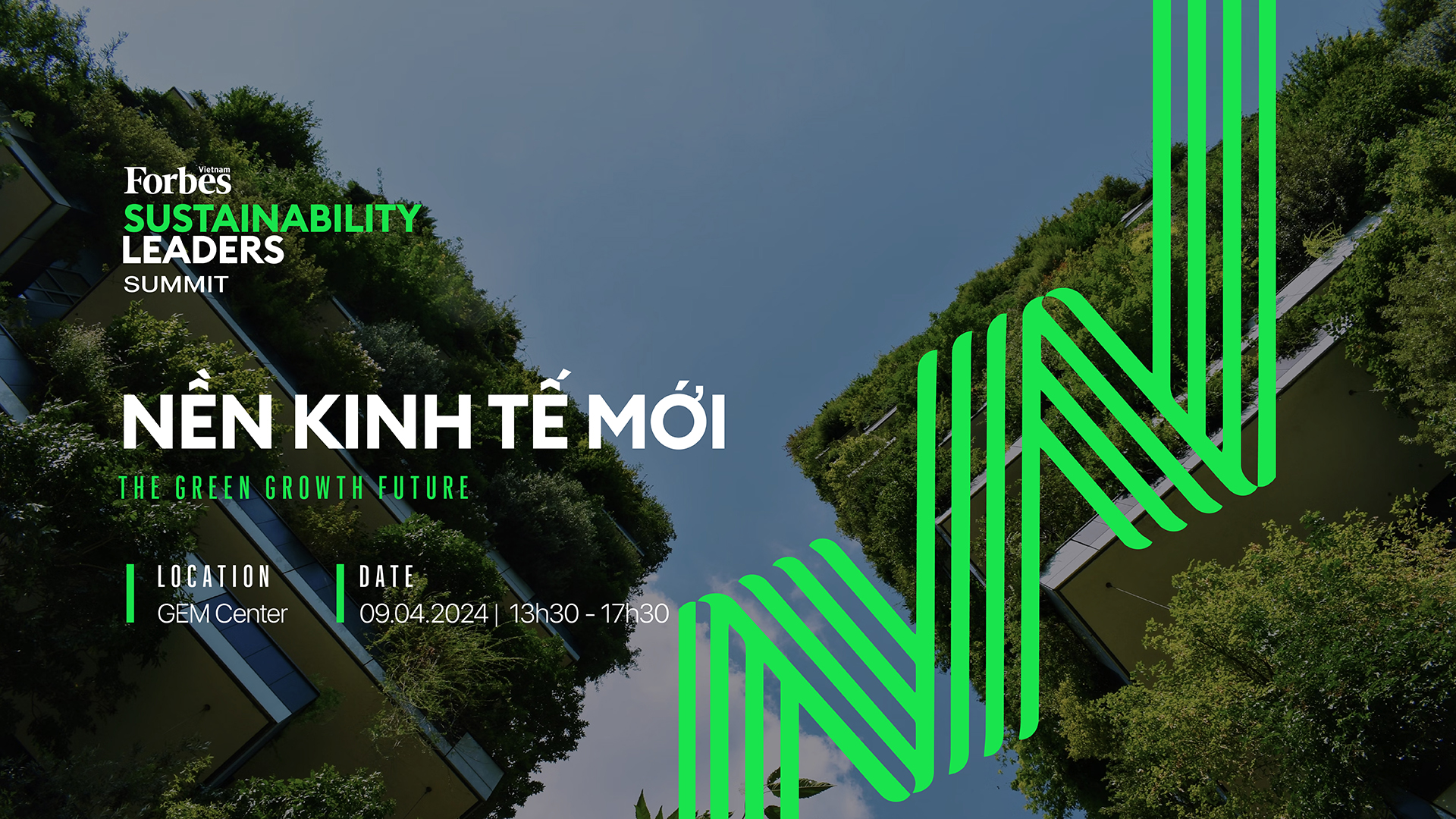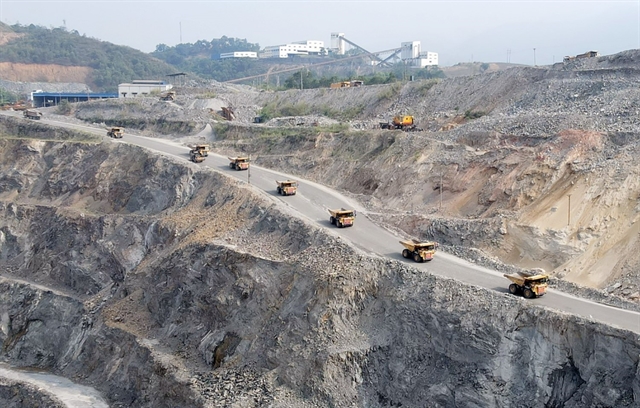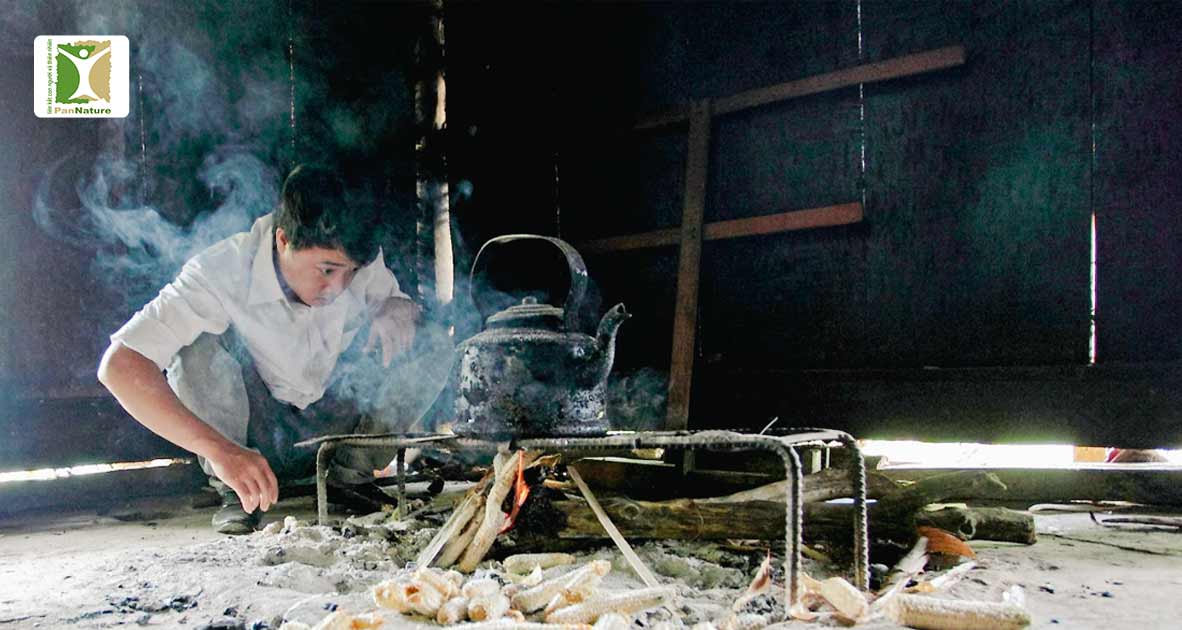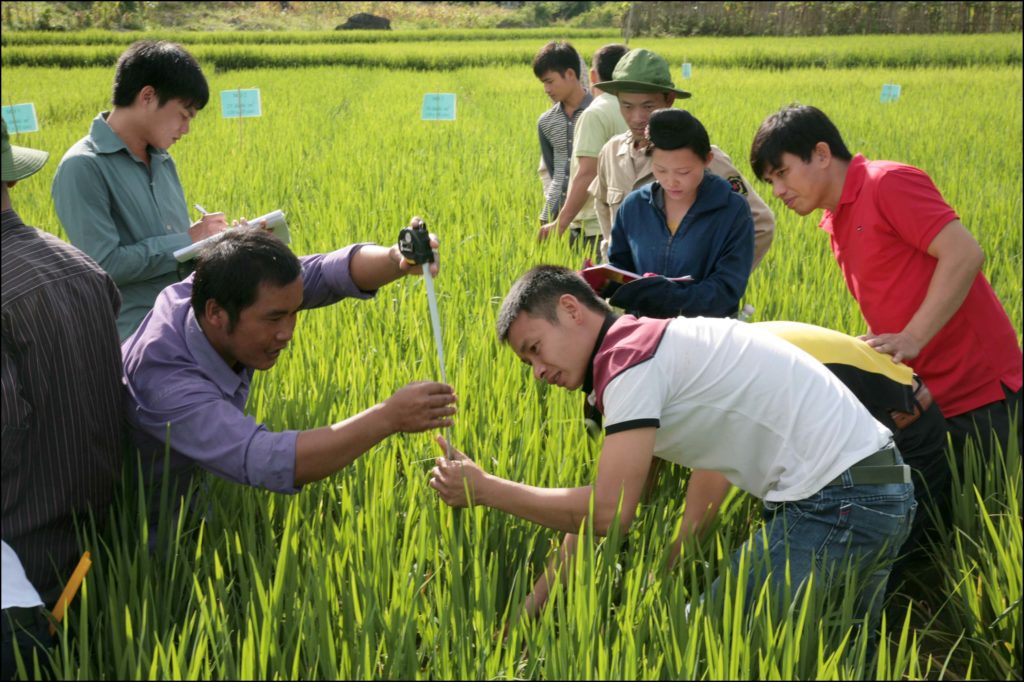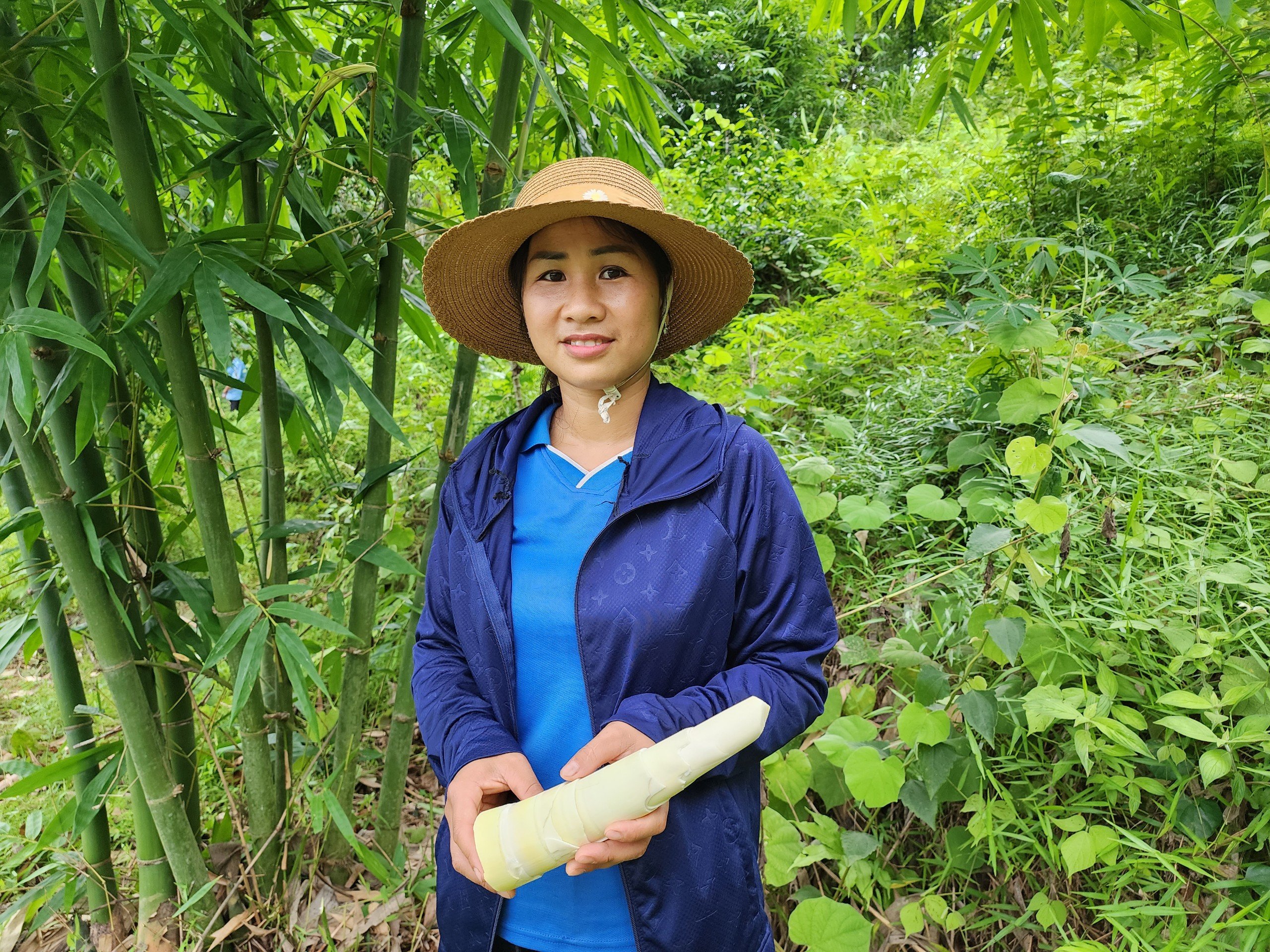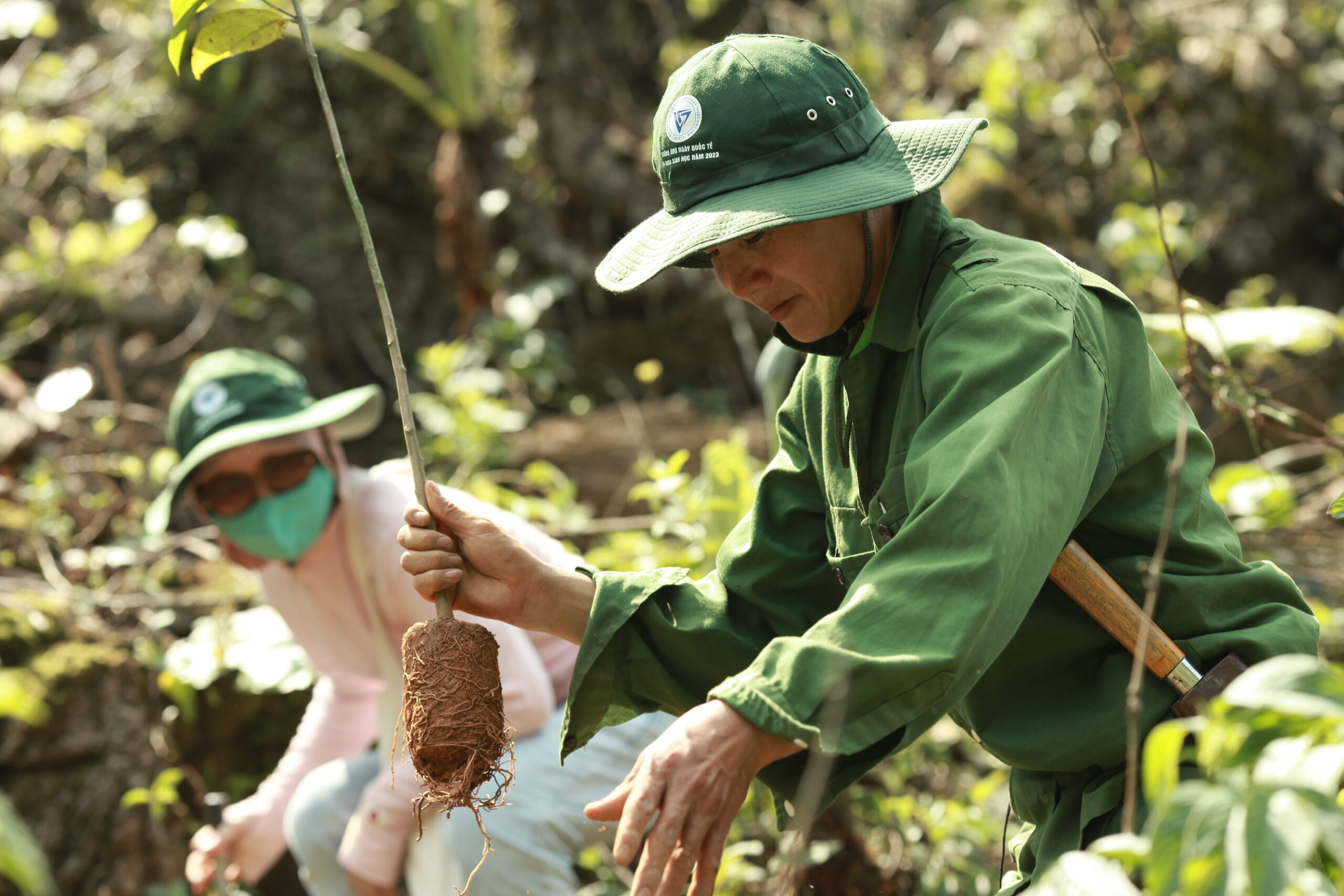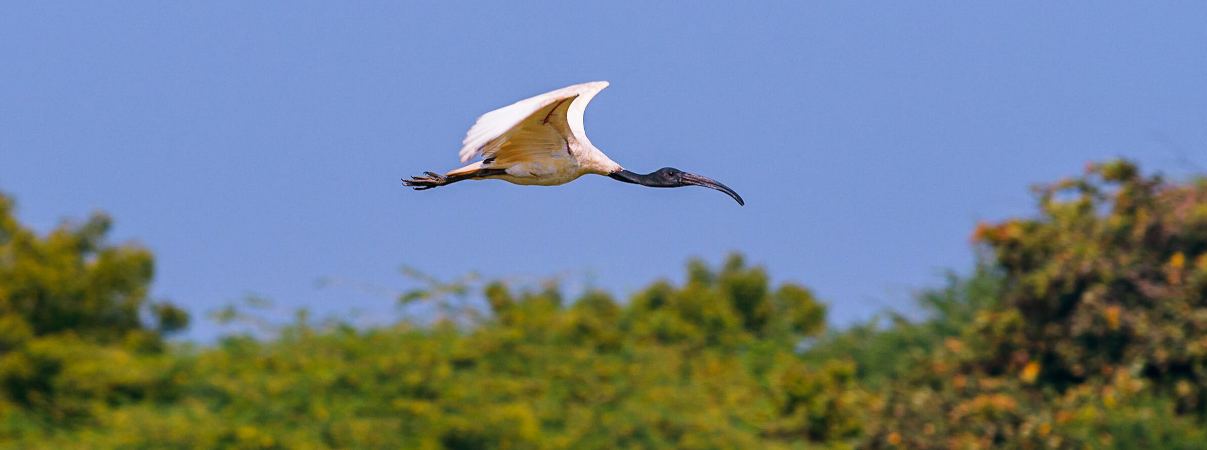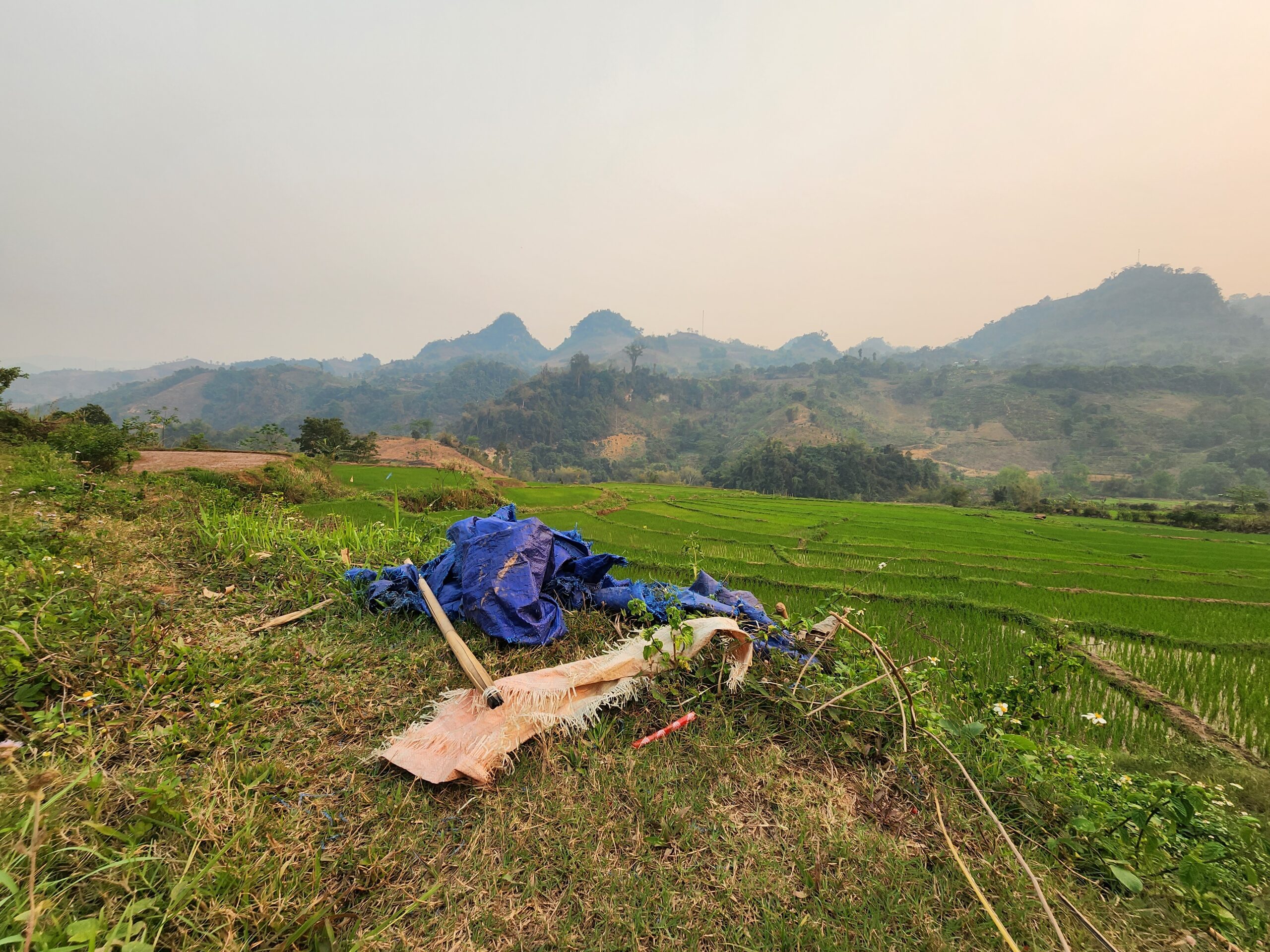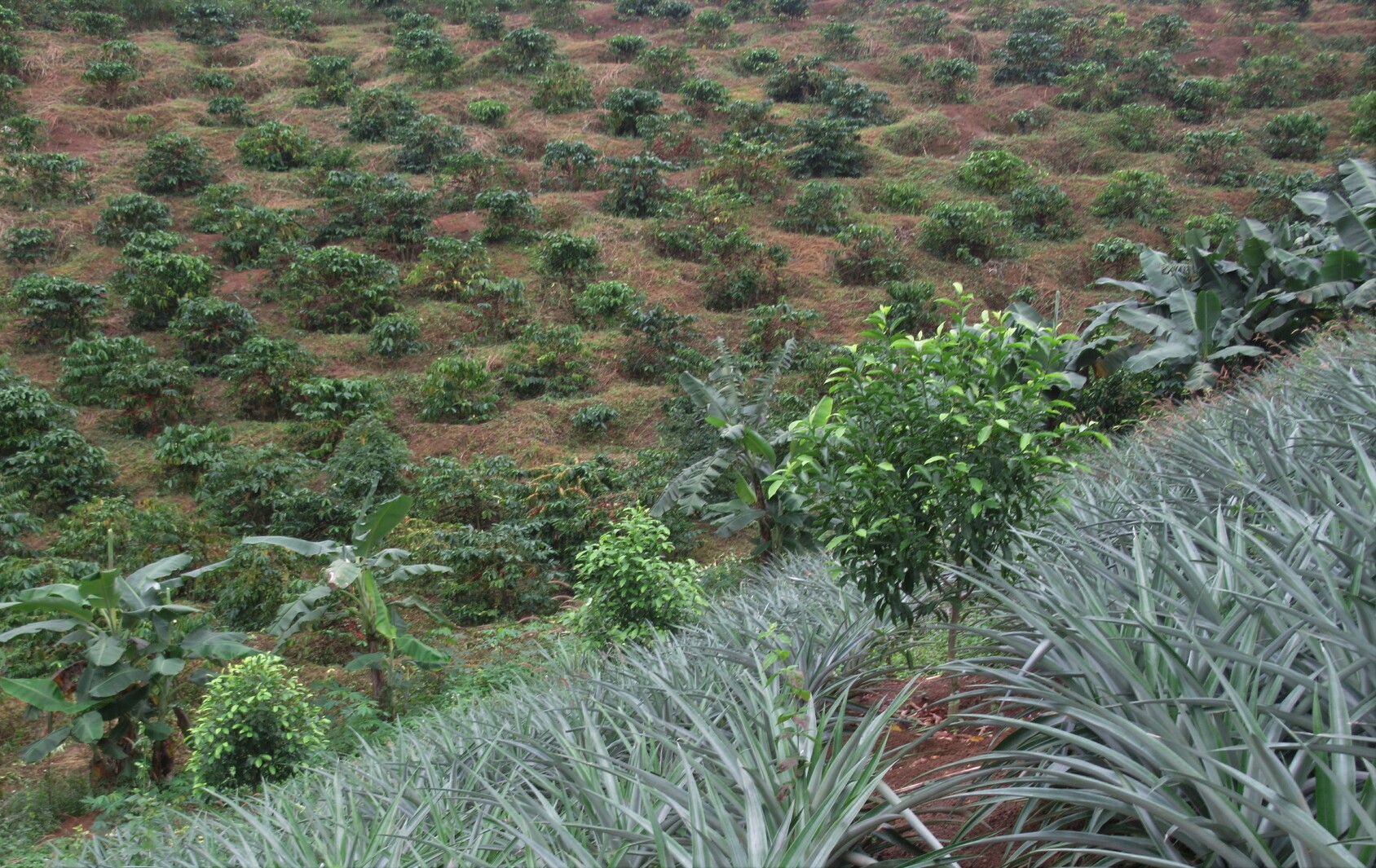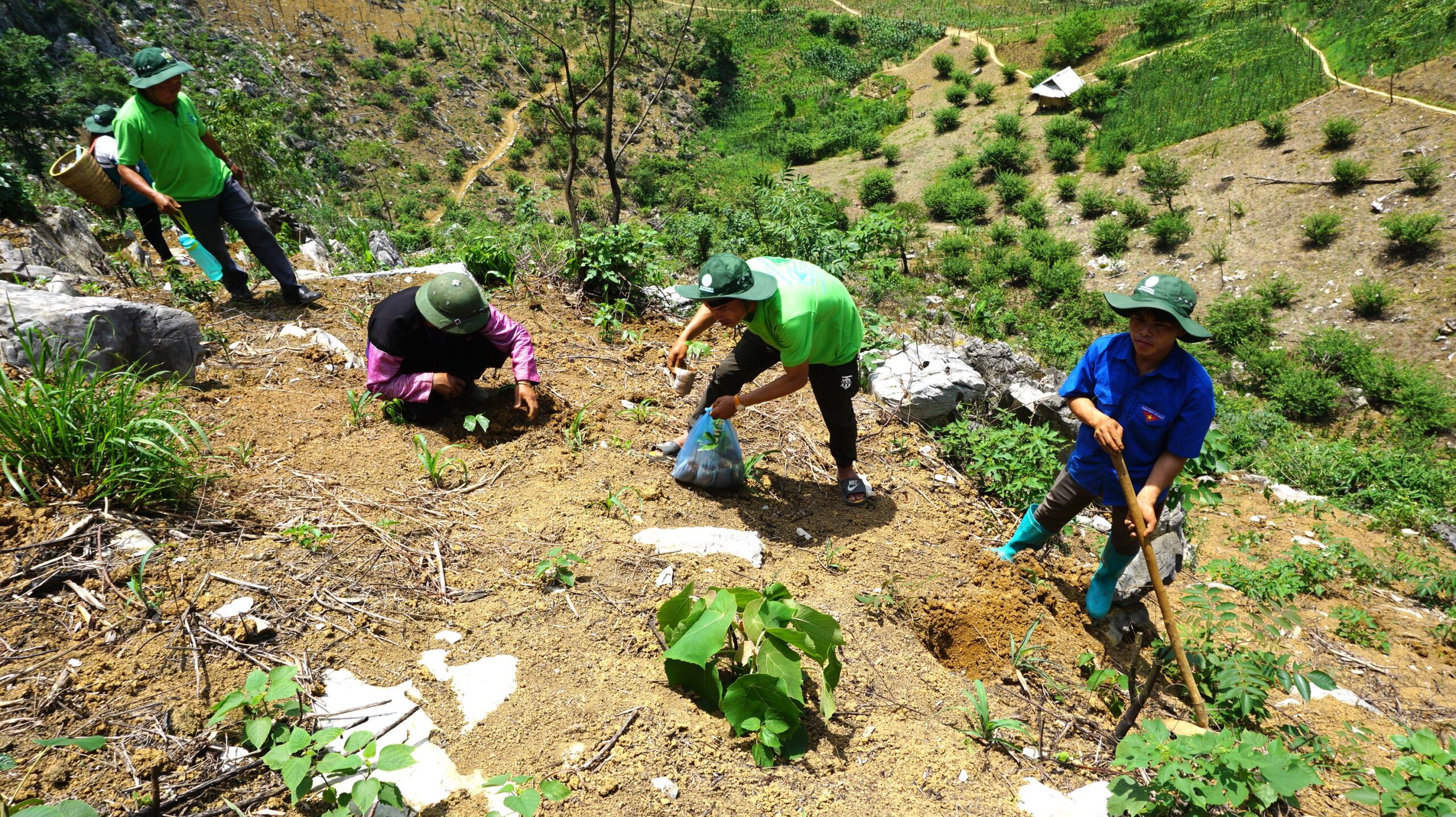Sustainability Leaders’ Summit 2024: THE GREEN GROWTH FUTURE
In order to create an open space for discussion and explore directions in the trend of sustainable development within the business community, Forbes Vietnam is organizing the THE GREEN GROWTH FUTURE development conference. The conference gathers experts and leaders from businesses leading the market to discuss current topics on low-carbon economies, climate change mitigation, and the path toward sustainable development.
PanNature Members: Use code REF for a 30% discount (apply for the standard ticket)

